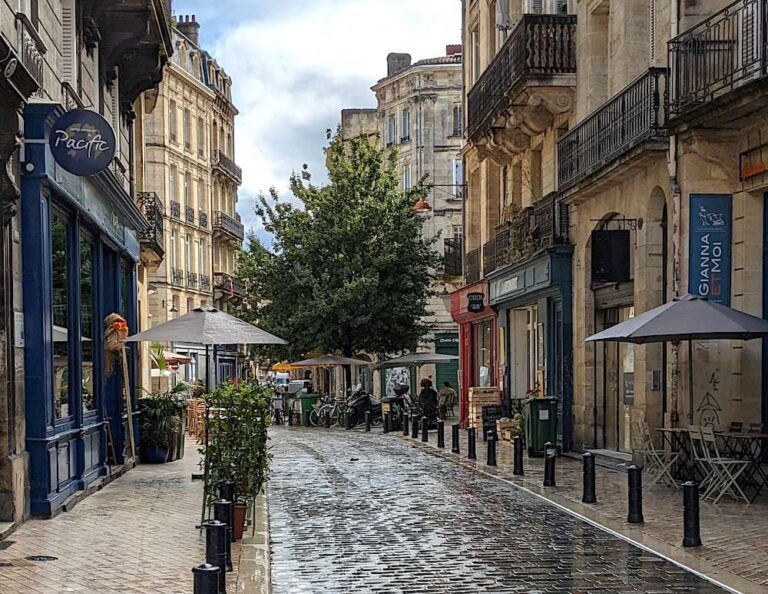derrière
The French word “derrière” can function either as a preposition, as an adverb or as a noun. Depending on which one of these three parts of speech it is being used as, it can mean “behind,” “after,” “shortly after,” “afterwards,” “bottom,” or “back.” It is the opposite of “devant,” discussed in this blog post.
Preposition
- Le jardin se trouve derrière ce mur (The garden is behind this wall)
- Elle est arrivée après Pierre (She arrived after Pierre)
Adverb
- Tu vois le muret là-bas ? Je suis sûr qu’Arnaud se cache derrière (You see that low wall over there? I am sure that Arnaud is hiding behind it)
Noun
“Derrière” can also be used as a masculine noun: “le derrière.” In this usage, it means bottom or backside. As a noun, its spelling would suggest it is feminine, but it is in fact masculine.
- Elle est tombée sur son derrière (She fell on her backside)
Other usages
- La porte de derrière (The back door)
- Les pattes de derrière (The hind legs)
- par-derrière (from behind)
Etymology
The French word “derrière” comes from the Latin phrase “de retro,” which means “behind.” In Old French, in the year 1080AD, it was spelled “deriere.”






